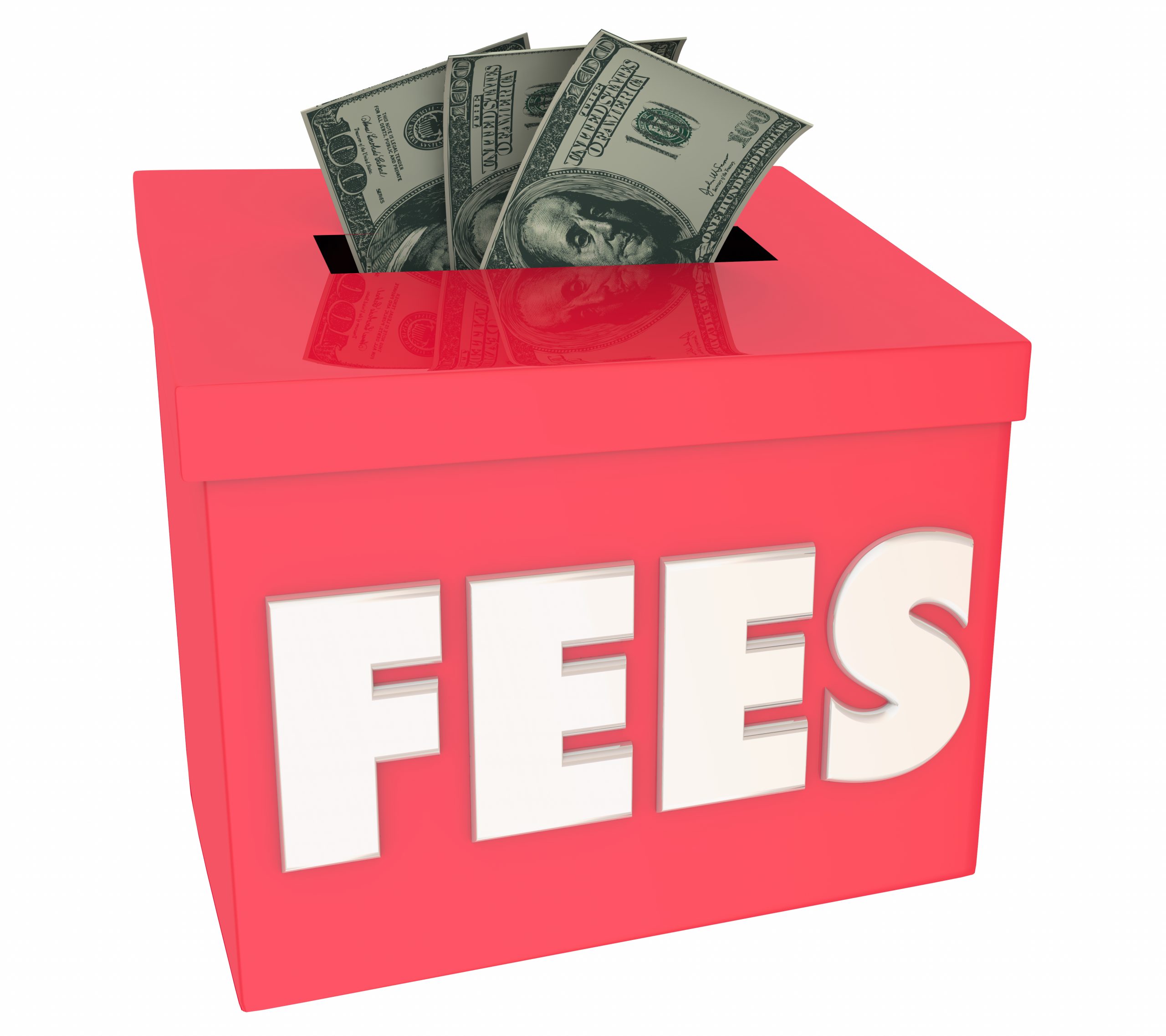
Are you tired of feeling like your paycheck is just not enough? You might be overpaying for everyday items and services without even realizing it. These hidden costs can quietly add up, leaving you wondering where your hard-earned money went. The good news is that with a few strategic changes, you can cut these expenses and keep more money in your pocket. Let’s uncover 12 surprising things you’re overpaying for every month—and, more importantly, how to stop.
Subscription Services You Don’t Use
A study by C+R Research reveals that approximately 42% of consumers have overlooked the fact that they’re still paying for unused subscriptions. Monthly subscriptions like streaming services, gym memberships, or meal kits are convenient, but they can also drain your wallet if you’re not actively using them. Many people forget to cancel free trials or subscriptions they no longer need. Go through your bank statements and identify any unused or underutilized subscriptions. Cancel what you don’t need or switch to more affordable options. This simple step can save you hundreds of dollars annually.
Cable or Satellite TV
In the age of streaming, paying for a pricey cable or satellite package is often unnecessary. Many streaming platforms offer affordable alternatives with customizable options. Consider cutting the cord and subscribing to only the services you watch regularly. Bundling streaming services or opting for free platforms like Pluto TV can save even more. By eliminating traditional cable, you can free up a significant chunk of your monthly budget.
Cell Phone Plans
Most people pay for more data and features than they actually use on their cell phone plans. Analyze your usage to determine if you really need unlimited data or expensive international add-ons. Many providers offer lower-cost plans with sufficient data and coverage. Switching to a prepaid or family plan can also lead to substantial savings. Don’t be afraid to negotiate with your provider for a better deal—it often works!
Utility Bills
Utilities like electricity, water, and gas are necessary, but overpaying for them isn’t. Simple changes like turning off lights, using energy-efficient appliances, and fixing leaks can reduce your bills significantly. Many utility companies offer free audits to identify areas where you can save. Consider installing a programmable thermostat to optimize energy use. Small adjustments can lead to noticeable savings on your monthly utility costs.
Insurance Policies
Paying for unnecessary coverage or failing to shop around for better rates can result in overpaying for insurance. Review your policies annually to ensure they still meet your needs and aren’t excessive. Compare quotes from different providers to find the most competitive rates. Bundle multiple policies, like auto and home insurance, to save even more. Cutting unnecessary coverage or switching providers can significantly reduce your premiums.
Bank Fees

Overdraft charges, ATM fees, and monthly maintenance fees can quietly eat away at your savings. As of 2024, the average monthly maintenance fee for checking accounts in the United States is $15.45 for interest-bearing accounts and $5.47 for non-interest-bearing accounts. Many banks offer fee-free checking and savings accounts, so shop around for better options. Avoid using out-of-network ATMs and opt for direct deposit to meet minimum balance requirements. Monitor your account to ensure you’re not being charged for services you don’t need. Being proactive about your banking habits can keep more money in your account.
Groceries
Overpaying for groceries often happens when you shop without a plan or buy name-brand products. Start by creating a weekly meal plan and shopping list to avoid impulse purchases. Look for sales, use coupons, and consider buying in bulk for items you use frequently. Generic or store-brand products are often just as good as name brands at a fraction of the cost. These strategies can significantly lower your grocery bill each month.
Eating Out or Ordering In
Dining out or ordering takeout frequently can quickly add up. Instead, try cooking at home and packing lunches for work. Meal prepping is a great way to save time and money while still enjoying delicious meals. Reserve dining out for special occasions and look for restaurant deals or discounts. Cutting back on takeout doesn’t mean giving up your favorite foods—it just means enjoying them more mindfully.
Gym Memberships
Many people sign up for gym memberships with the best intentions but rarely use them. If you’re not going to the gym regularly, you’re throwing money away each month. Consider canceling your membership and exploring free or low-cost alternatives like home workouts, outdoor activities, or community fitness classes. Apps and YouTube channels offer a wealth of workout options at no cost. Staying fit doesn’t have to break the bank.
Credit Card Interest
Carrying a balance on your credit cards means you’re likely overpaying in interest charges. High-interest rates can make it difficult to pay off debt and leave you stuck in a financial rut. Focus on paying more than the minimum each month to reduce your balance faster. Consider transferring your balance to a card with a lower interest rate or consolidating your debt. Avoid using credit for non-essential purchases to prevent further interest accrual.
Car Expenses
From insurance to maintenance, car-related costs can be a major monthly expense. Shop around for cheaper car insurance rates and consider raising your deductible to lower premiums. Regular maintenance, like oil changes and tire rotations, can prevent costly repairs in the long run. If you drive infrequently, look into pay-per-mile insurance options. Taking public transportation or carpooling can also help you save on gas and wear and tear.
Online Shopping
It’s easy to overspend when shopping online due to convenience and endless options. Avoid impulse buying by sticking to a budget and only purchasing what you truly need. Use tools like browser extensions to compare prices and find discounts before checking out. Take advantage of free shipping offers and loyalty programs to save even more. Unsubscribe from promotional emails to resist the temptation of frequent sales.
Make Savings Align With Your Goals
Cutting unnecessary expenses doesn’t have to feel restrictive—it’s about making intentional choices that align with your goals. You can achieve your dreams by watching what you spend and paying less for the things that you want. By paying attention to where you’re spending your money and where you can save makes all the difference.
Which of these tips will you try first? Share your favorite over paying experience with our audience. We look forward to reading them.
Read More
- 10 Money Saving Secrets You Might Not Be Aware Of
- 7 Unusual Money-Saving Hacks for Thrifty Families
- The Ultimate List of Money-Saving Hacks for Anyone on a Budget

Latrice is a dedicated professional with a rich background in social work, complemented by an Associate Degree in the field. Her journey has been uniquely shaped by the rewarding experience of being a stay-at-home mom to her two children, aged 13 and 5. This role has not only been a testament to her commitment to family but has also provided her with invaluable life lessons and insights.
As a mother, Latrice has embraced the opportunity to educate her children on essential life skills, with a special focus on financial literacy, the nuances of life, and the importance of inner peace.






